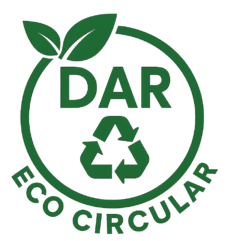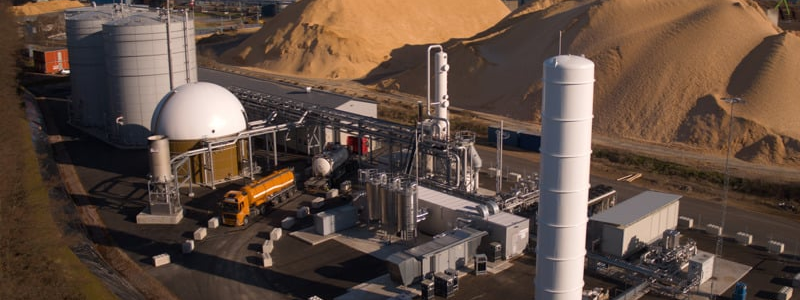Why an Integrated Waste Facility?
The Dar es Salaam Integrated Waste Facility (IWF) is a city-wide, climate-smart system that transforms multiple waste streams into clean energy, recycled resources, and green industrial inputs — all within one coordinated platform.
Instead of operating in isolated silos, the IWF unites collection, treatment, energy recovery, nutrient recycling, and green manufacturing into a seamless, high-value network.
Waste Streams Processed
- 4,600+ tonnes/day of municipal solid waste (MSW) from all five municipalities
- Up to 1,000 tonnes/day of organic waste for anaerobic digestion and composting
- Faecal sludge & septage from urban sanitation systems
- Recyclable plastics, metals, and paper recovered from mixed waste streams
- Residual waste converted to Refuse-Derived Fuel (RDF) for industrial use
Key Benefits of the Integrated Approach
| Benefit | Description |
|---|---|
| 1. Optimised Land Use | Hub-and-spoke design reduces landfill footprint and maximises productive industrial land use within the Kigamboni SEZ. |
| 2. Maximum Resource & Energy Recovery | Coordinated ACoD, MBT, and WtE systems recover more electricity, compost, recyclables, and RDF than separate facilities could. |
| 3. Reduced Environmental Impact | Advanced flue gas cleaning, leachate control, and odour management protect air, water, and soil while reducing methane emissions. |
| 4. Industrial Symbiosis | Co-locating waste processing with green manufacturing ensures recovered resources and energy are reused immediately, reducing costs and emissions. |
| 5. Decentralised Resilience | Distributed hubs maintain service during floods, road closures, or emergencies, keeping waste systems operational city-wide. |
| 6. Economic & Social Uplift | Formalising informal waste pickers, creating thousands of green jobs, and providing SMEs with affordable compost, RDF, and recycled materials. |
Driving Synergies Through Integration
The IWF is more than a waste plant — it’s a waste-energy-industry nexus. By connecting:
- Waste-to-Energy plants for residuals
- Anaerobic digestion for organics
- Recycling hubs for plastics, metals, and paper
- Sludge treatment for nutrient recovery
- Green manufacturing clusters in the Eco-Industrial Park
…the system creates a closed-loop urban economy where waste becomes the raw material for new products, clean power, and industrial growth.
Phased Development for Impact
The IWF will be developed in multi-year phases to match Dar es Salaam’s waste trends and capacity:
- Phase 1 (2025–2027): Core transfer hubs, Pugu ACoD, and initial recycling lines
- Phase 2 (2027–2030): WtE plant commissioning and Eco-Industrial Park activation
- Phase 3 (2030 Comments in moderation0+): Industrial tenant expansion, RDF exports, and zero-waste city certification

